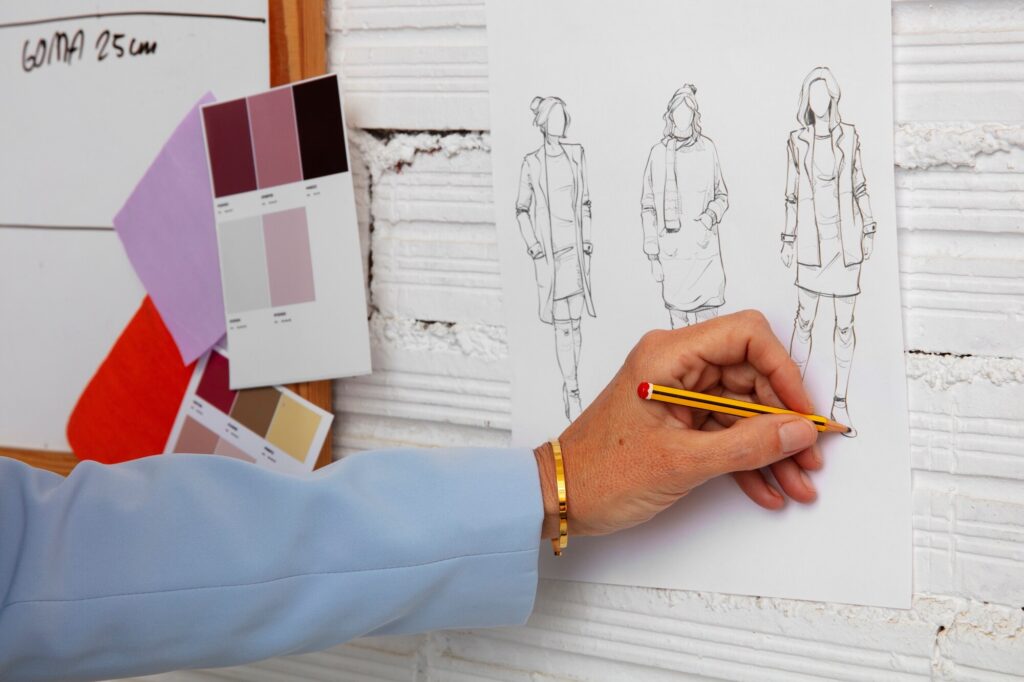In the International Journal of Fashion Design, Technology, and Education, a recent study found that the average size of an American woman today is between 16 and 18.
It was formerly widely believed that this average size was 14. The researchers did discover, nevertheless, that during the previous ten years, this number has grown.
The study included data from the Centers for Disease Control and Prevention in addition to measuring over 5,500 American women over the age of 20.
In spite of these facts, the majority of shops continue to classify sizes larger than 16 as “plus size.”
Purchasing clothing might be difficult for the “average woman,” as most people haven’t kept up with the changes in women’s bodies in America and abroad.
“I hate clothes shopping,” said Tina Price-Johnson, 44, who is an “average” size of 16 or 18. She has been on medication due to a disability for the last 33 years, which has affected her ability to exercise and lose weight through diet.
Price-Johnson is just one of the millions of women who feel like they were “failed” by stores and get anxious about not being able to locate clothes that fit.
“[Shopping for clothes] causes anxiety and exacerbates my clinical depression if I am on a downward trajectory. Not only does the clothing store stock discriminate against able-bodied women of size, it also discriminates against disabled people whose size may be due to disability,” she added.

Numerous studies have been conducted, one of which suggests that being slim and ill or obese and fit is possible. Size does not always equate to health.
The researchers of the study hope “that women may be relieved to know the average clothing size worn is larger than [they] thought.” They also expect their findings to be food for thought for garment retailers and alter the common acceptance of what is “average.”
In addition to alienating millions of women worldwide, the problems and errors with store antiquated sizing probably cost the businesses millions of dollars.
